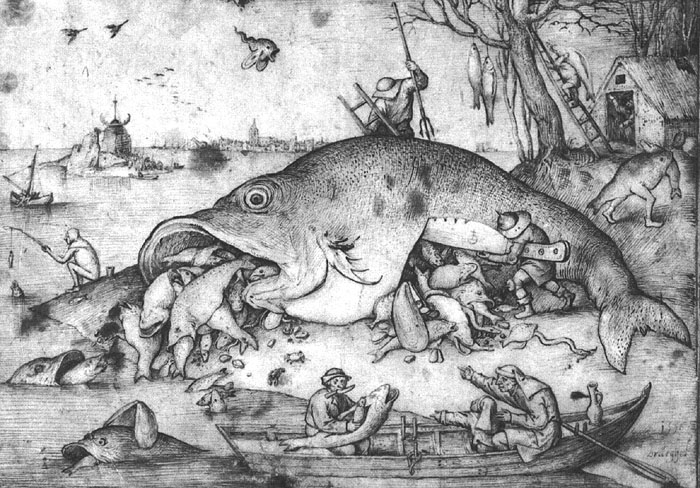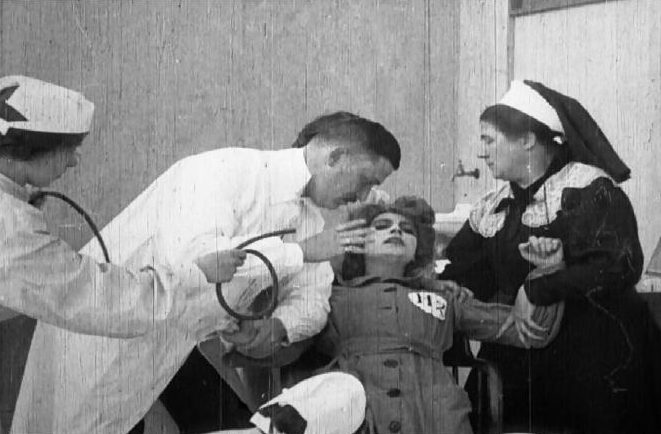State Responsibility and the Free Will of Hunger Strikers

Free will is the basic concept underpinning liberal capitalism. But it was only put fully into practice in the 1980s, when the state divested itself of responsibility in many ways and individuals were prompted to voluntarily take responsibility for themselves. The ethical principle of self-responsible voluntariness penetrated every sphere of life. Interestingly, this was exemplified by a group whose autonomy appeared to be suspendible by statute—prisoners. The German constitution or Basic Law repeatedly states that nothing should occur that is “against the will” of an individual. Free will is thus established ex negativo. The right to say no seems more important than the question of what exactly this will is. The Basic Law also states, just as vaguely, that everyone…

